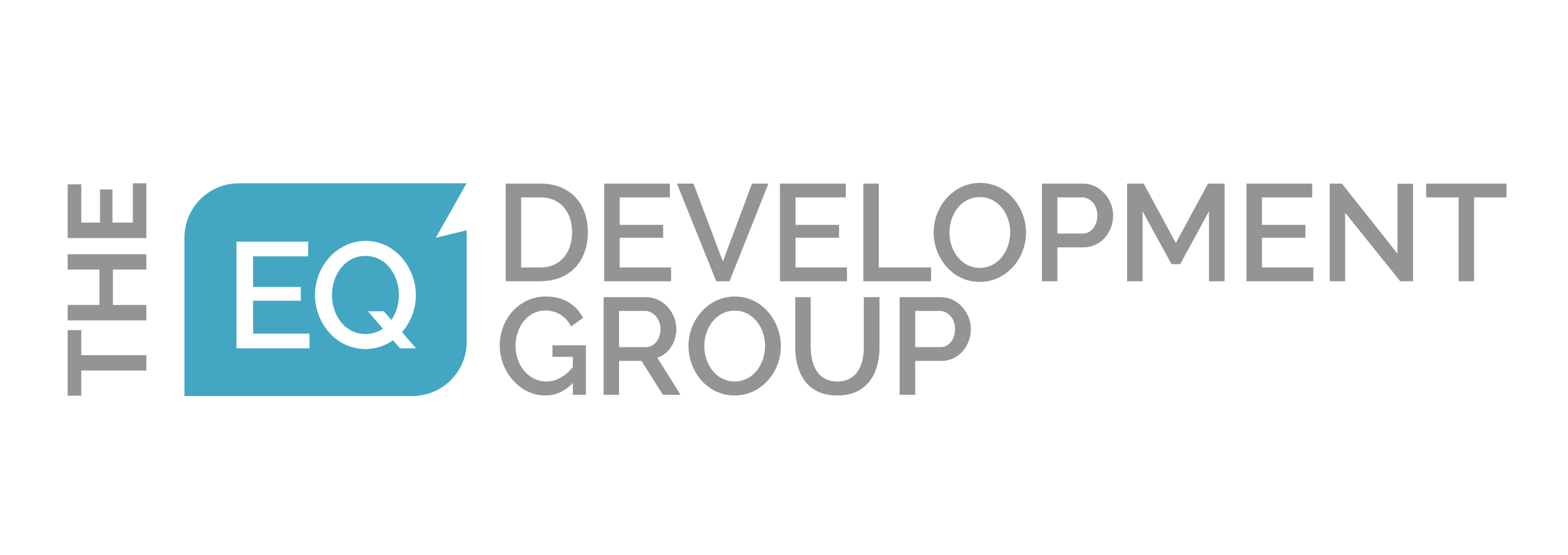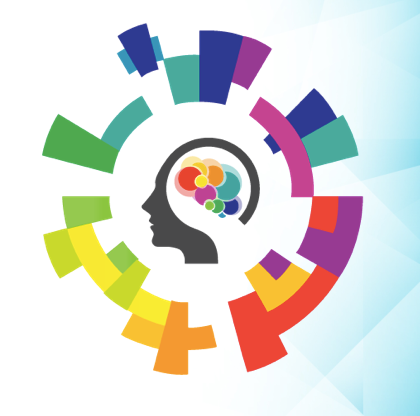The ROI of Developing Emotional Intelligence
One of the most compelling, and confounding questions about investing in developing emotional intelligence (or any leadership training) is “What’s the ROI”?
While on the surface the case for developing emotional intelligence in leaders makes sense (who doesn’t want to work for someone who is emotionally intelligent), can we really point to any difference that leaders with higher levels of emotional intelligence make to the bottom line of an organization? Can we really say that there is a hard dollar return?
As with almost any kind of training and development program, pointing at that program and saying that it alone was the cause of a desired organizational outcome is tough. There are simply too many moderating variables in the mix. But that doesn’t mean we shouldn’t take a long and hard look at what kind of ROI we can identify.
Who, What, and How
When we think about transfer of learning (the rubber meeting the road) we need to primarily consider 3 things according to researchers Baldwin and Ford:
- Learner Characteristics – Whether the learner is interested in learning the material, has the ability to learn the material, and is motivated to do so.
- Learning Design – Format, sequencing, content etc.
- Work environment – Support from manager, support from peers, opportunity to use.
Using this framework, we can argue if the learning program is well designed, if the leader is interested and wants to learn the material, and if there is support and opportunity to use it back in the workplace, we should see ROI. Simple, right?
Perhaps not; there are many things that can go wrong at each stage of this process:
- Leaders who are already stretched find it hard to make the time, or free up the brain space, to learn something new.
- Poor course or program design can leave learners disinterested, constantly checking their emails, or completely checking out.
- Back at the workplace, if a leader attempts to apply their newly acquired skills and lacks opportunity, or support, then even the best attempts to apply the learning are going to fall short.
But, assuming (and it’s a big assumption) that the criteria for effective application of learning are met, does the development of emotional intelligence actually make any difference?
For me, the answer to the question lies not in the discussion of whether leaders apply their emotional intelligence, but rather in the outcomes that more emotionally effective leadership creates.
Outcome Measures
Three well tested outcomes, all of which have potential hard dollar value returns, include retention, discretionary effort, and engagement.
- Retention – Study after study tells us that the most common reason people voluntarily leave a position is because of a bad boss or poor leadership. People don’t like working for someone who doesn’t treat them as an individual, takes credit for their work, micromanages them, or is dishonest. These are exactly the kinds of things that emotionally intelligent leaders DON’T do. Instead, emotionally intelligent leaders tend to partner with direct reports in their own career development. They actively foster opportunities for their staff to be innovative and grow personally and professionally. Emotionally intelligent leaders recognize the importance to uphold their interpersonal agreements through honest and open communication, as well as through demonstrating their best efforts to fulfill commitments and taking ownership of any failures along the way. These behaviors, in turn, create a tangible partnership between leaders and their team members which in turn tends to preserve the connection between employees and their employers.
To determine Retention ROI: How many dollars + HR person-hours (recruiting, onboarding, training, change management for disruption, etc) will you preserve if you successfully retain a skilled employee?
- Discretionary Effort – The difference in output/impact/creativity between those who do the minimum possible and those who work to their maximum potential is HUGE. We also know that the relationship with a person’s leader is a big predictor of whether this discretionary effort is forthcoming. Put simply, people will work harder when their boss is someone skilled at authentically establishing and maintaining meaningful relationships, such that the leader can inspire higher levels of performance from that team member.
To determine Discretionary Effort ROI from Emotional Intelligence, think of it this way: How much more productivity/creativity, in percentage terms, do you get from a team member who is displaying a high level of discretionary effort in comparison to one who is not? If its 25% (and my experience is that it is often higher than that), then the ROI calculation is easy.
- Engagement – There is a TON of data that supports engagement as a construct that provides desirable outcomes for organizations. It’s not by accident that effective leadership plays a role in almost every aspect of engagement measured by the world’s most popular employee engagement survey, the Gallup Q12. These measures include things like whether the employee understands the connection of their work to organizational mission, whether he/she receives clear expectations from leader, and if he/she receives recognition for their work etc., are directly reflective of a leader’s practice of emotional intelligence.
To determine Engagement ROI from engagement: How many more dollars could you capture through increased hours of efficient, goal-oriented, productive employee effort?
Making The Link
So, can we make a link between these three mechanisms – Retention, Discretionary Effort, and Engagement – and the development emotional intelligence in leaders? For me the answer comes down to one simple thing. Having asked literally thousands of leaders the question “what makes a great leader”, I have learned that in almost every instance, we judge great leaders, and great leadership by the fact they demonstrate emotionally intelligent behaviour.
By now you might be thinking “You would say that, you are biased”. You are right. I am biased.
Having spent over 25 years working in and with a huge variety of organizations, both as a leader, and a leadership development practitioner, I am convinced that nothing has the power to help leaders to be more effective than developing and understanding their emotional intelligence.
And so, if you want the outcomes associated with more effective leadership, developing emotional intelligence is where I would recommend you start.




